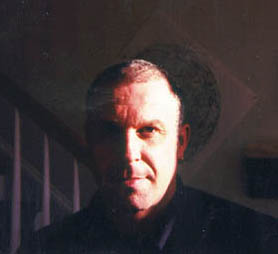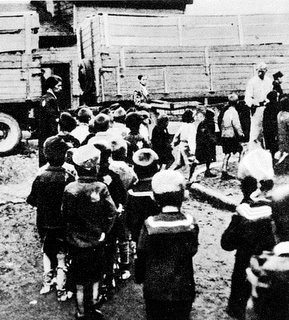
American Idol
by
Justice Putnam
It’s not often that a member of the radical fringe gets an opportunity to converse with the High and Powerful. But chance and strategic sexual networking will get you into anywhere in this town; that’s how I got to rub elbows, so to speak, with Simon Cowell, the maker of American Idols.
Ok, I admit, I used the Aging Starlet for more than the fun and games, but one benign and totally unconscious benefit was to gain entry to THE year’s social event; "Bestowing Upon One, Simon Cowell, The Governor’s Crystal Medal of Humanitarian Achievement."
I had found out I was on a terrorist watch list for donating to Amnesty International back during Iran/Contra and I couldn’t fly from Oakland to Burbank. The agents who debriefed me after my chat with Simon told me that I was included on the list for, "aiding and abetting potential enemies of the State through the Socialist practice of Humanitarian concern." Since 9/11, I travel mostly by crewing on yachts that sail from the Bay Area to points beyond.
The Aging Starlet, who shall remain unnamed, because after all, I am a Gentleman, asked if I could help with her yacht she docked at the Encinal Yacht Club on Alameda.
"Sure," I said, "I know my way around a Hattaras."
After a few minutes of stowing her gear, she commented on my hands,
"Your hands," she cooed in her pouty-lipped, big-breasted Aging Starlet way, "are the hands of a sailor, you must know your way with ropes and tackle?"
"Yes," I replied. Though the Hatteras is a motor yacht, she had me grind up her main sail and set her block and tackle. We didn’t sail that night. The next morning though, we’re in her Maserati as she’s jetting down Coast Hwy to Pepperdine in Malibu. I was going to be her arm-candy at THE social event of the year.
After attending the event for an hour or so, I found a rest room. I didn’t notice Simon Cowell at the urinal next to me at first, but I felt his gaze.
"So you’re the arm-candy for the night," Simon said as I was zipping up, "I can see you’re more than that."
"Thanks," I said, a little self-conscious, though it’s still nice to hear; even from the flaccid, botox-injected-in-the-biceps Simon Cowell. "She’s owns a Hattaras and I’m helping her motor it to Cabo next week."
"Yes, she does like to motor," Cowell lasciviously said in his slithering English accent.
I chuckled in that way guys do who know a common secret, "Thank God!" I finally said.
Cowell couldn’t keep from laughing.
"You must not watch my show," Cowell accused.
"No, I don't. Why?" I asked.
"Because you’re not damaged," Cowell whispered. It was then that I noticed he was a little drunk. "My show has been discovered by scientists to put holes in people’s brains! No, no! I’m tellin’ the truthhhh," he began to drawl. "That brain-dead girl that everybody said was alive, you know?"
Cowell sort of fell onto me; I helped him up and said, "Sure, Terri Schiavo."
"Right! Right!" Cowell said a little loud, "Tarrieee Sheeeaaavvvvohhhhh, If you cracked my audience’s heads open, their brains would be mush, just like Sheeeeeeeaaaavvvohhhhh."
"Mr. Cowell" I said, trying to rouse him, "Mr. Cowell?
"And you knnnnnoooowww what?" Simon‘s head was wobbly and his eyes a milky blur, "the President knnnnnooooooowsssssssss."
Just then a loud bang came through the doors. Several men dressed in black and wearing radio ear-sets entered and scooped Cowell up. They escorted me to a holding cell for a few hours and then let me go.
The Aging Starlet later found out that I’m good with horses and I know my way around a saddle.
© 2006 by Justice Putnam
and Mechanisches-Strophe Verlagswesen




